Space

Educators and Parents, Sign Up for The Cheat Sheet
Weekly updates to help you use Science News Explores in the learning environment
Thank you for signing up!
There was a problem signing you up.
-
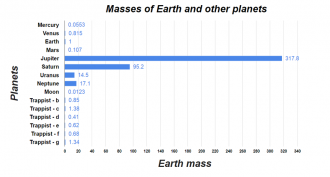 Planets
PlanetsAnalyze This: The masses of planets
Scientists discovered a solar system with planets that are similar in size and mass to Earth. Using data, we take a closer look at that similarity.
-
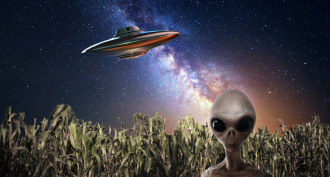 Science & Society
Science & SocietyWill we know alien life when we see it?
The hunt is on for extraterrestrials. But recognizing them may require some wiggle room in what we define as being alive.
-
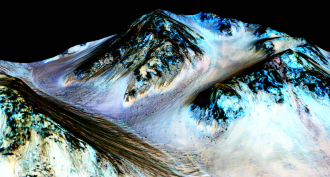 Earth
EarthKeeping space missions from infecting Earth and other worlds
Scientists are always looking for ways to stop Earthly microbes from polluting other planets. The same goes for bringing bits of other planets back to Earth.
-
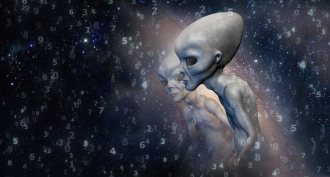 Science & Society
Science & SocietyCool Jobs: Reaching out to E.T. is a numbers game
From figuring out if we’re alone in the universe, to writing messages to aliens, scientists use math in many ways in their search for extraterrestrial intelligence.
By Ilima Loomis -
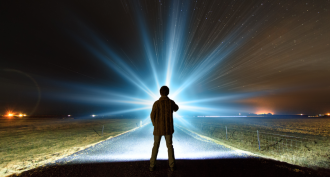 Science & Society
Science & SocietyShould we call out to space aliens?
Scientists have been listening to space for decades, hoping to pick up alien signals. Now some have proposed we try broadcasting a welcome call.
By Ilima Loomis -
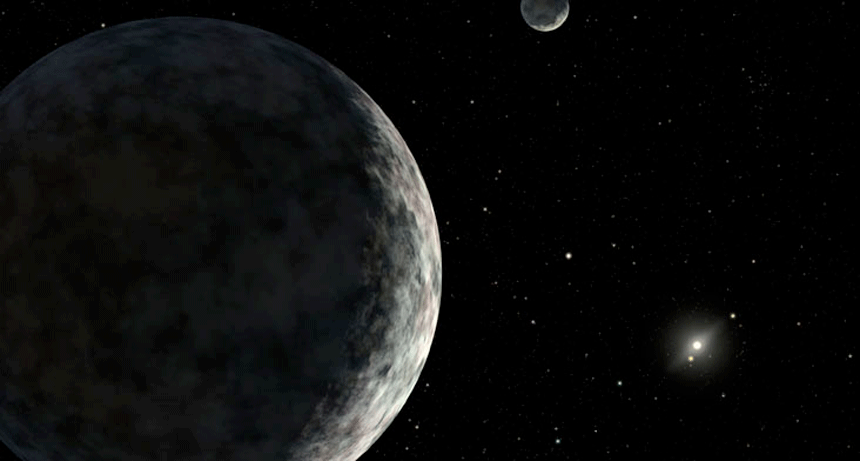 Planets
PlanetsScientists Say: Dwarf planet
Dwarf planets are distinct from the full-size models. A little too small, they also have a lot of space stuff filling their path around the sun.
-
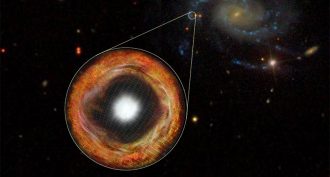 Physics
PhysicsStar caught passing gas before exploding
Stars can become unstable as they near death, a new study suggests. Some may even spew gas for a year or so before they explode.
-
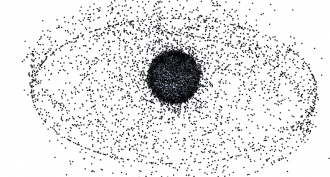 Space
SpaceStudent programs computer to predict path of space trash
People are already using space as a garbage dump, which could prove dangerous to future space travelers. A teen set out to track space junk using only her home computer.
-
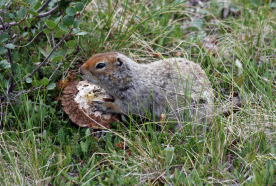 Health & Medicine
Health & MedicineHibernation: Secrets of the big sleep
Mammals from bears to squirrels hibernate the winter away. Learning how they do it might one day help people mimic aspects of it to heal from brain injuries or voyage to Mars.
-
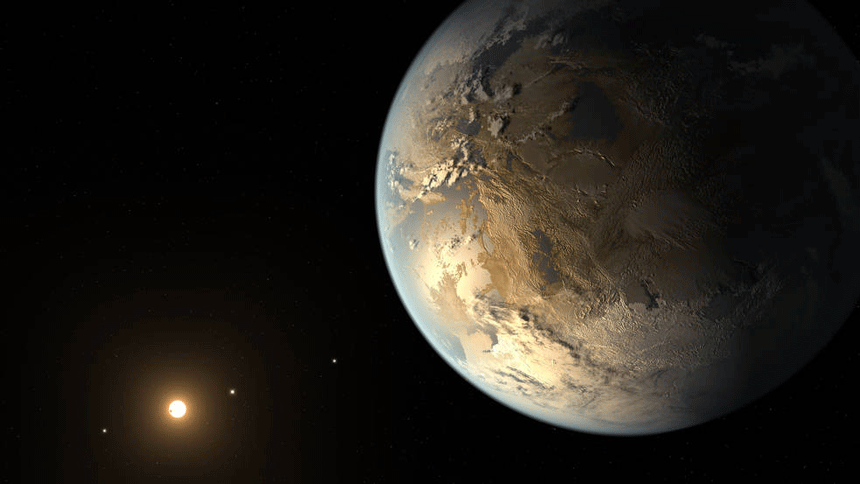 Planets
PlanetsScientists Say: Goldilocks zone
Not too hot, not too cold. Just right. This is the region around a star where water could be a liquid, instead of a solid or gas.
-
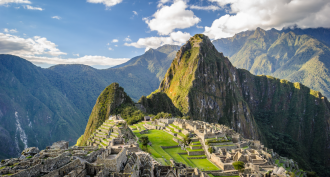 Archaeology
ArchaeologySpace archaeologists need your help to protect ancient treasures
Explorers who search for ancient ruins in satellite images are asking for help from the public. Volunteers can visit a new website to sign up.
By Devin Powell -
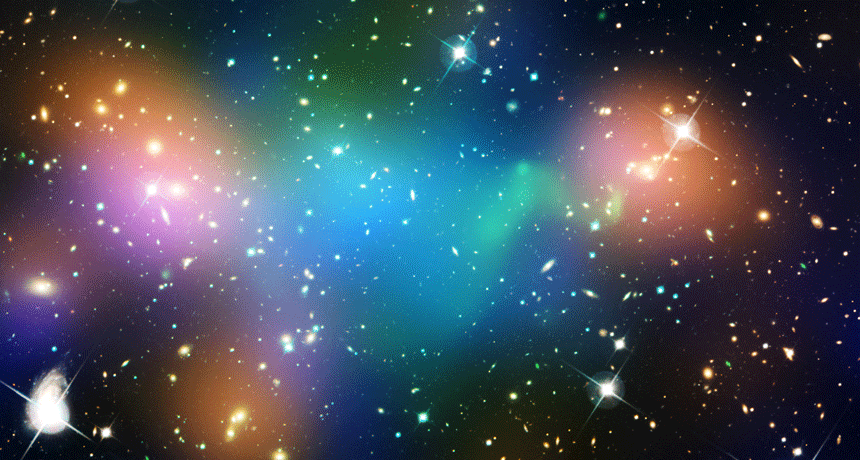 Physics
PhysicsScientists Say: Dark matter
Most of the universe isn’t made of stuff we can see. Scientists think some of it might be made of dark matter — matter that emits no radiation.